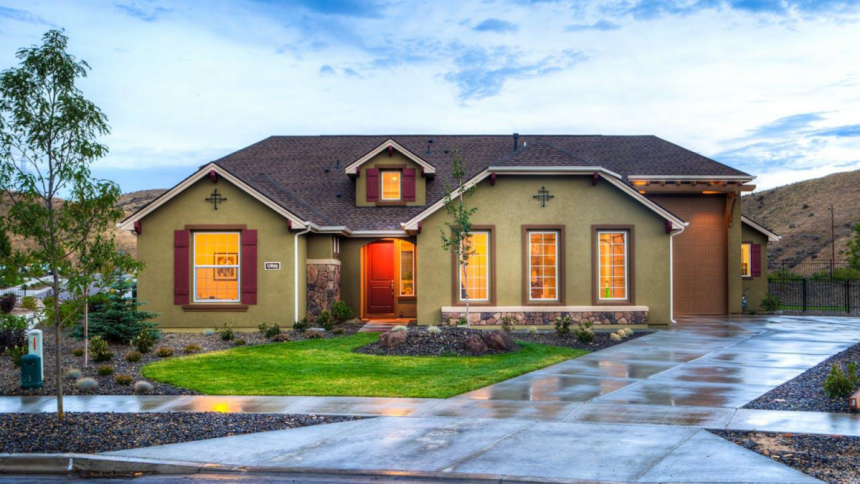When you’re in the market for a new place to call home, the choice between purchasing a brand-new house or opting for an older one can be complex. Each option presents its unique set of benefits and drawbacks that can greatly influence your decision. Understanding these differences can make your choice easier, especially with the help of a real estate lawyer in Montreal.
General Considerations in Home Buying
Buying a house is one of the most significant financial decisions you’ll make. It involves assessing your budget, understanding market trends, and aligning your housing needs with your lifestyle preferences. Whether it’s a new build or a seasoned dwelling, both choices require careful financial planning and consideration of how the home will fit into your life today and in the future.
Advantages of Buying a New Home
Modern Design and Amenities
New homes shine with the latest architectural designs and modern conveniences that many buyers seek. These homes often feature open floor plans, large windows for natural light, and state-of-the-art kitchens and bathrooms.
Energy Efficiency and Sustainability
Builders today are much more conscious of energy use. New homes are typically equipped with energy-efficient appliances, better windows, and more effective insulation. This not only reduces your carbon footprint but also cuts down on utility bills.
Lower Maintenance and Repair Costs
A new home means brand-new everything, which translates to fewer repairs and maintenance issues in the first few years. This can be a significant relief financially and mentally, as you won’t face unexpected issues often found in older homes.
Disadvantages of Buying a New Home
Higher Initial Investment
Generally, new homes cost more per square foot than older homes. The premium price tag comes from new materials and the modern features they include.
Limited Location Options
New housing developments are often on the outskirts of towns and cities. While this might offer a quieter living environment, it could also mean longer commutes to work and farther distances from city amenities.
Lack of Character and Uniqueness
While new homes offer modern conveniences, they can sometimes lack the charm and character that older homes possess. Many new developments feature similar house styles, which might not appeal to those seeking something unique.
Advantages of Buying an Old Home
Character and Aesthetic Appeal
Older homes carry a history that many find deeply appealing, resonating with a sense of time and tradition that new constructions often lack.
These homes are renowned for their unique architectural details, including intricate crown mouldings that add a touch of elegance to ceilings, original hardwood floors that offer durability and a warm aesthetic impossible to replicate with modern materials, and unique exteriors characterized by handcrafted brickwork or wood siding.
Additionally, these properties often feature layouts with quirky nooks and unexpected architectural elements like bay windows or stained-glass, each adding to the home’s unique character and charm. Such elements not only enhance the aesthetic value, but also potentially increase the home’s cultural significance, making living in one of these homes a truly unique experience.
Potential for Value Increase
If you’re willing to invest in renovations, an older home can significantly increase in value. This improvement can be a lucrative venture, especially if the home is located in a sought-after neighbourhood.
Established Neighbourhoods
Older homes are often in well-established areas with mature trees, established schools, and tight-knit communities. These neighbourhoods typically offer a strong sense of community and stability.
Disadvantages of Buying an Old Home
Higher Maintenance and Renovation Costs
With age comes the need for more repairs. Electrical systems, plumbing, roofing, and other critical elements might require significant updates to meet current codes and standards.
Possible Energy Inefficiency
Unless previously upgraded, older homes might not be as energy-efficient. They may require additional investment to improve insulation, windows, and heating systems to make them more cost-effective to maintain.
Unpredictable Expenses
Old homes can hold hidden surprises like asbestos, old wiring, or outdated plumbing that can be costly to address. These unforeseen issues can lead to higher than anticipated expenses.
Environmental Impact and Sustainability
Ecological Footprint of New Construction
New homes, while energy-efficient, often involve the use of new resources and materials, which can have a significant ecological footprint. The process of building a new home typically consumes more energy and resources compared to renovating an existing structure.
Sustainability of Old Homes
Old homes may not initially be as energy-efficient as new ones, but retrofitting older structures with sustainable technologies can reduce their environmental impact significantly. Preserving and updating existing homes also conserves the cultural heritage and reduces the demand for new materials.
Decision-Making Factors
Assessing Long-Term Goals and Lifestyle Needs
Consider how each type of home aligns with your long-term goals. Do you value modern amenities more, or do you cherish unique architectural details? How does each option align with your lifestyle?
Financial Planning and Budgeting
Ensure your budget aligns with your choice. New homes may be more expensive initially but save on maintenance costs. Old homes might be cheaper but could cost more in upgrades and repairs.
Considering Location and Community
Your home’s location affects your daily life significantly. Consider the commute, local services, schools, and the community vibe. What fits best with your lifestyle needs?
Both new and old homes offer distinct advantages and challenges. By understanding these differences and how they align with your personal and financial goals, you can make a decision that best suits your needs. Remember, buying a home is not just a financial transaction but a personal one that affects your daily life for years to come.
Lynn Martelli is an editor at Readability. She received her MFA in Creative Writing from Antioch University and has worked as an editor for over 10 years. Lynn has edited a wide variety of books, including fiction, non-fiction, memoirs, and more. In her free time, Lynn enjoys reading, writing, and spending time with her family and friends.















